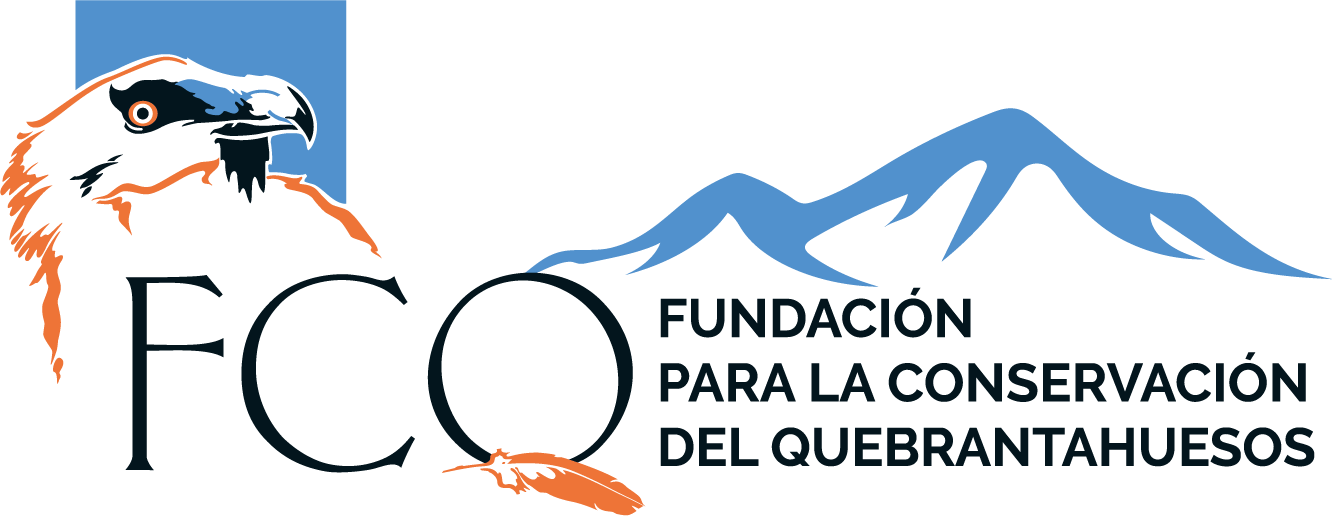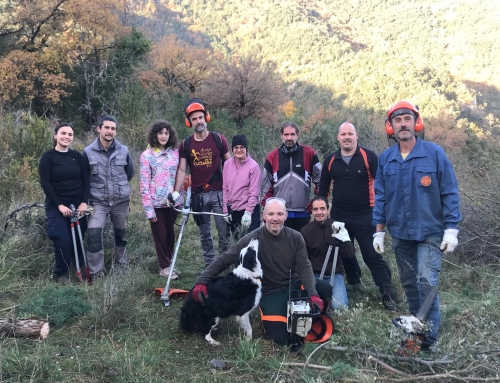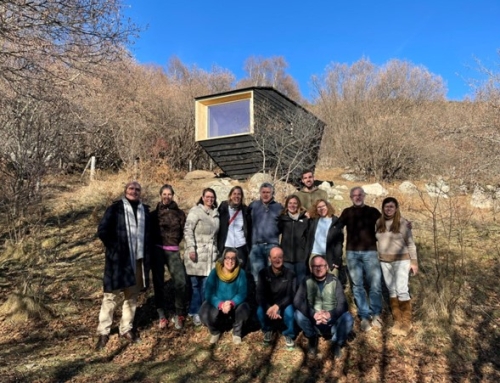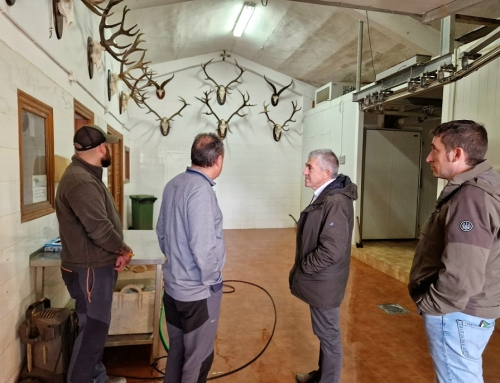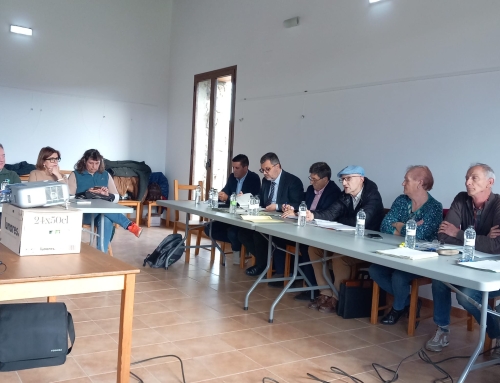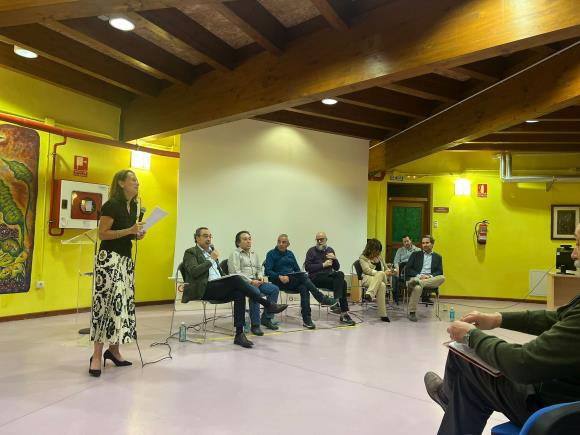
Conference of the Chair of e-distribution with the University of Zaragoza on Sustainability and SDGs.
The Chair of Innovation and Energy Sustainability of e-distribution with the University of Zaragoza held yesterday the conference “How Endesa integrates Sustainability and Sustainable Development Goals in its business for decarbonization”. During the session, several presentations were given explaining how Endesa, and in particular our activities in Aragon, materializes the international framework of Sustainability and the Sustainable Development Goals, through specific cases. The presentation of the day was made by José Francisco Sanz, director of the Chair on behalf of the UZ. In the first part of the session, our colleagues Ángel Fraile, responsible for Sustainability Planning and Stakeholder Relations at Endesa, and Patricia Polite and Alfredo Oroval, responsible for Sustainability projects for Endesa’s distribution company, spoke about different aspects related to the SDGs and Sustainability in companies. This was followed by Ramón White, director of Endesa’s Andorra Just Transition Project, who explained the main aspects of the Mudéjar Knot Project, and Orlando Ballarín, head of Environment and Safety for e-distribution, who explained the interaction of birdlife with Endesa’s distribution network in Aragón. The working session ended with a round table moderated by Alicia Sánchez, coordinator of the Endesa Chair, with the participation of Ignacio Montaner, general manager of Endesa in Aragón, Manuel Alcántara, head of the Biodiversity Service of the General Directorate of Natural Environment of the Government of Aragón, Juan Antonio Gil, founding partner and Secretary of the Foundation for the Conservation of the Bearded Vulture, Juan Royo, editor of culturaRSC.com, Nita Macía, director of Estrategia&Responsabilidad and Juan Consejo, team leader of Recycling Technologies at CIRCE. The main messages revolved around Endesa’s commitment to sustainability and its contribution to achieving the Sustainable Development Goals (SDGs) defined by the United Nations. For an electricity company to be considered “sustainable” it is not enough to ensure profitability for its shareholders and investors. It is essential that its activity has the least possible impact on the environment (atmosphere, biodiversity, water, etc.), that it generates a close link with nearby communities and that it creates shared value with society.
